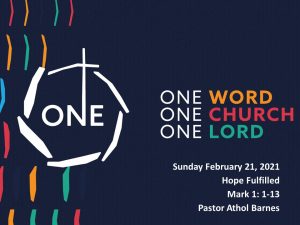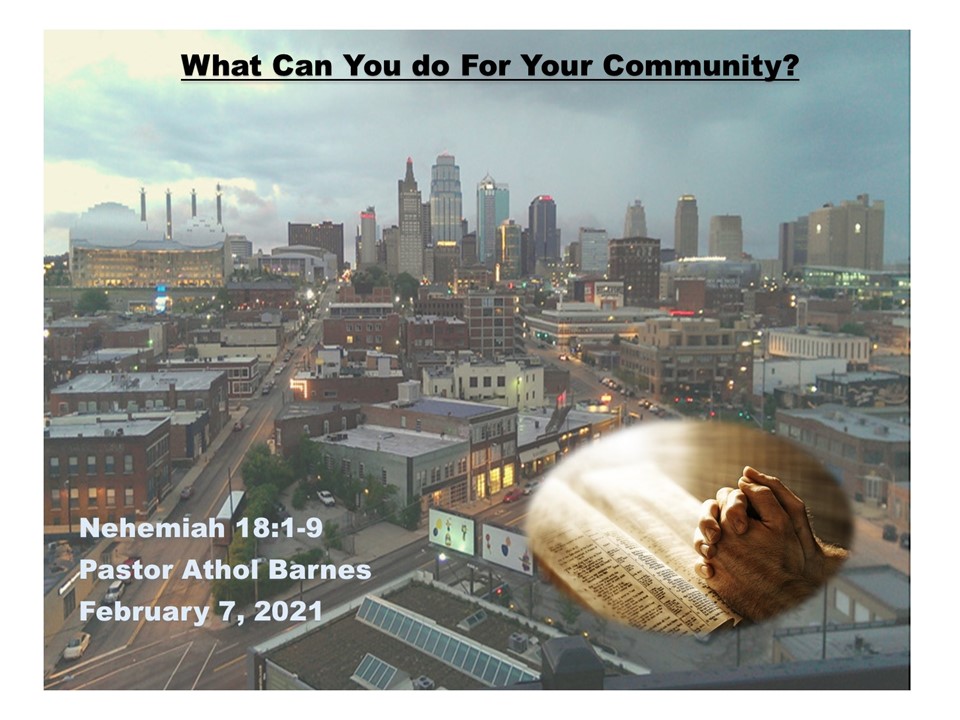
Burst
Mark 1:14 to 3:12
I have always loved astronomy and love reading about the incredible magnitude of the galaxies and the universe (Psalm 8:4-5). In April 2020, scientist first recorded what is known as a Fast Radio Burst or FRB, coming from a region in space about 32 616 light years away. This was the first FRB recorded within our own galaxy. These bursts appear for only a millisecond but emit energy equivalent to 500 million of our suns. Scientists don’t know why these bursts occur or even what they are, but they hope their research will help us learn about what happens in space between galaxies.
These short, but incredibly powerful bursts make me think about the sudden flash in human history when Jesus, the creator God walked the earth. The impact of Jesus changed the course of human history for all eternity. And just like those radio bursts, Jesus emitted incredible power when he burst on the scene of human history.
As we skim through the Gospel of Mark, this week we will be looking at Mark 1:14 to Mark 3:12 as we see some of the miracles that Jesus performed, displaying his power in bursts of energy. Just like the radio bursts might tell us about the universe, these snapshots of Jesus tell us about the nature of God the Father.
In Mark 1:15 we read that Jesus declared, “The time is fulfilled, and the kingdom of God is at hand;repent and believe in the gospel.” Jesus burst on the scene in what is known as a Kairos moment in history, a critical and opportune moment defined by God’s perfect plan.
When Jesus said that the kingdom of God is at hand, he was introducing a new “universe”, a new way of seeing everything. This was the fulfillment of Isaiah 40:1-5. The four hundred years of silence is over, and God is now ever so near to His people.
Bursting with presence in Mark 1:18, Jesus goes to two fishermen, Simon and Andrew, and says “follow me”, and they immediately follow him. Then he calls two more fishermen, James and John. They drop everything, leaving their father in the boat and follow Jesus.
Bursting with authority in verse 22, Jesus teaches in synagogues in an astonishing way that the people had never heard before.
Bursting with power in verse 33, Jesus casts out a demon, and then goes on to heal Simon’s mother-in-law and many others as the city gathered at his doorstep.
Bursting with intimacy in verse 35, Jesus rises early in the morning and sneaks away to be with his Father. This frustrated his disciples, but Jesus knew the value of intimacy with his Father in heaven.
Bursting with compassion in verse 42, Jesus touches a leper and heals him. Jesus forbids the former leper to testify about who healed him, but the man has encountered the Lord and cannot restrain himself. As a result, Jesus must retreat away from the towns and cities, but this didn’t stop the crowds from seeking him (Mark 1:45).
In Chapter 2, the paralyzed friends burst through the roof to bring their friend to be healed by Jesus. Jesus healed the man physically, but not before he healed his heart and forgave his sins (Mark 2:12). This amazed everyone and they praised God, saying, “We have never seen anything like this!”
Bursting through all protocol, Jesus didn’t follow the cultural norms, as he ate with tax collectors and those classified by the religious elite as sinners (Mark 2:17).
Bursting with anger in Mark 3:5, Jesus stares down the religious elite, distressed by their stubborn hearts. Jesus healed the man with the withered hand on the Sabbath in full view of the hypocritical Pharisees. They immediately began plotting to kill Jesus.
The crowds were bursting to see Jesus in Mark 3:1-12. Jesus withdrew with his disciples, but people from all the surrounding regions were desperate to encounter the power that he was displaying. Even the demons burst through as they recognized the Lord, but He rebuked them and silenced them.
That was two-thousand years ago, and we are living in a time where we need a burst of the power of Jesus as well. We live in a world where people feel helpless, vulnerable, cynical, and fearful, as the pandemic has exposed how little control we really have over our lives.
The pain and anguish in our streets, the national and global economies that are teetering on collapse, the divisive and angry political culture, the epidemic of mental illness and suicide, all point to our desperate need for Jesus to burst into our hearts, our homes, our cities, and our nation.
The good news is that Jesus has not changed and his ability to impact lives and nations has not changed (Hebrews 13:8). Jesus is fully God and fully man. He is the second person of the Trinity who created all things from nothing. God is the source of all power and energy.
Not only did Jesus create all things, but he also has all authority (Matthew 28:18). Jesus is the Lord of hosts, the supreme commander-in-chief of the armies of God. This is the same man who walked the earth, bursting on the scene two-thousand years ago.
Can you imagine what that must have been like? He looked like any other Jewish young man. But then he began to burst with power and strength. He was as extraordinary as a cosmic burst, brighter than a trillion suns (Colossians 1:16-17).
What paradigms in your own life does Jesus want to burst open?
What paradigms are you bound to that God wants to topple because they’re keeping you
from experiencing the freedom and the joy of all that Jesus came to introduce within the kingdom? Paradigms in your family, finances, health, and the call of God on your life.
Pray, asking God to reveal the areas of prejudice or old wineskins that need to be thrown out in your life. The things that are holding you back from receiving all the promises of God. Pray for God to break your paradigms and burst into your life with new power.




